To be a new mother is to disappear in plain sight. It’s cold coffee every morning and shirts damp with milk. It’s rocking a stroller with one foot, answering emails with one hand, and losing yourself somewhere between nap schedules. It’s never enough sleep. Never a hot meal. Never a long shower. It’s tantrums on the floor of a shop. Unsolicited advice from strangers. It’s the guilt of formula feeding, the pain of breastfeeding, tiny teeth on your skin, and judgment no matter what you choose. It’s carrying a giant bag filled with the one toy that works, the exact pillow, the only pacifier that soothes. It’s a brain starved of adult conversation, a heart full of love, and a body that no longer feels like your own.
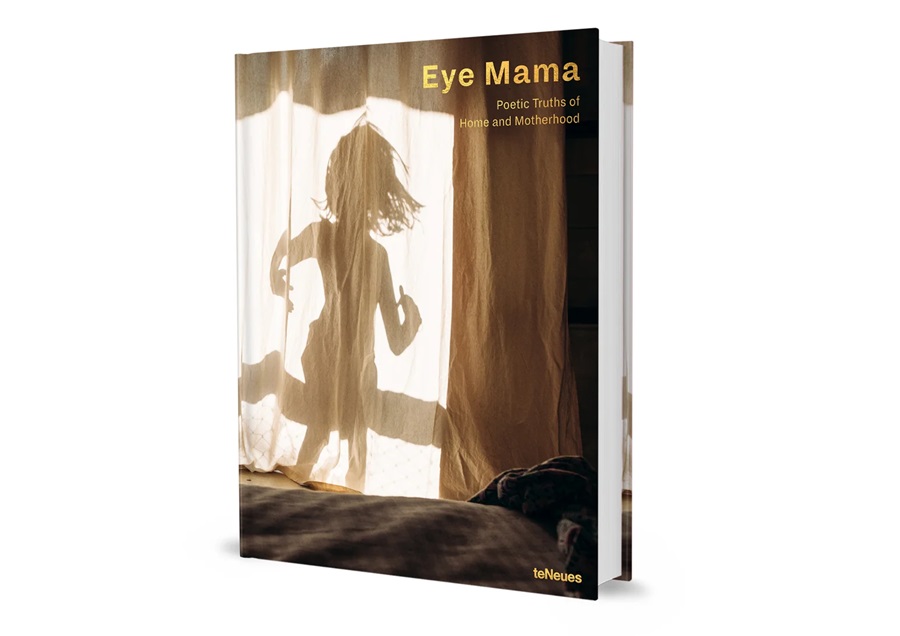
It’s also scrolling through photos on your phone after a 2 a.m. feeding just to feel seen, to stay sane, which is how the Eye Mama Project got underway. It’s a global collective that shows the work of photographer-mothers (and other caregivers) who are looking introspectively into home, family, and self.
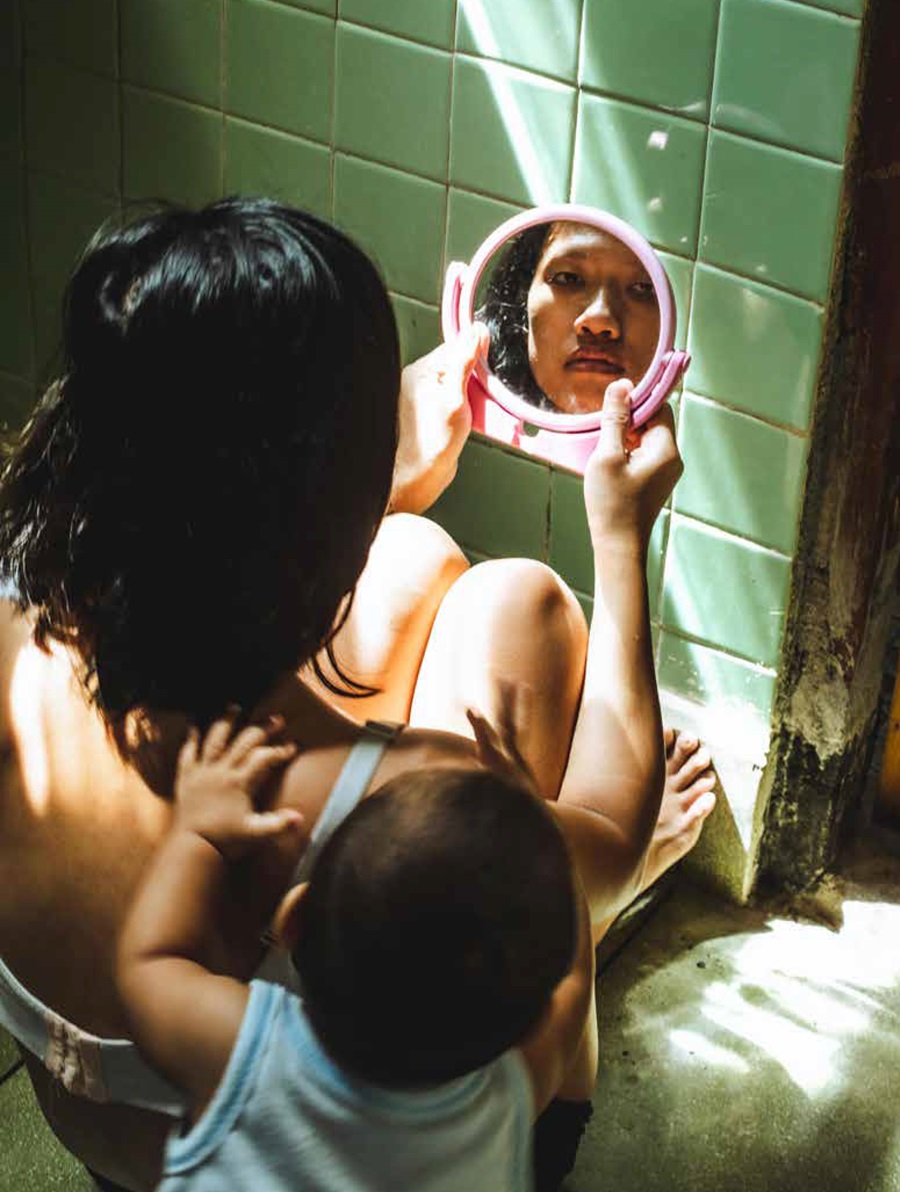
The project’s founder is the Israeli-born British filmmaker and photographer Karni Arieli, who found herself taking pictures of her own children during the pandemic and noticed many other women photographers posting honest, compelling images of motherhood on social media platforms. She invited 10 photographers to participate, and from there a collection of photographs evolved into a global movement.
It was 2021 when I started following the project. I had just moved to the U.S. to my husband’s hometown, where I knew hardly anyone. Parents picked up their kids from preschool in cars, their faces hidden under masks. I felt completely isolated.
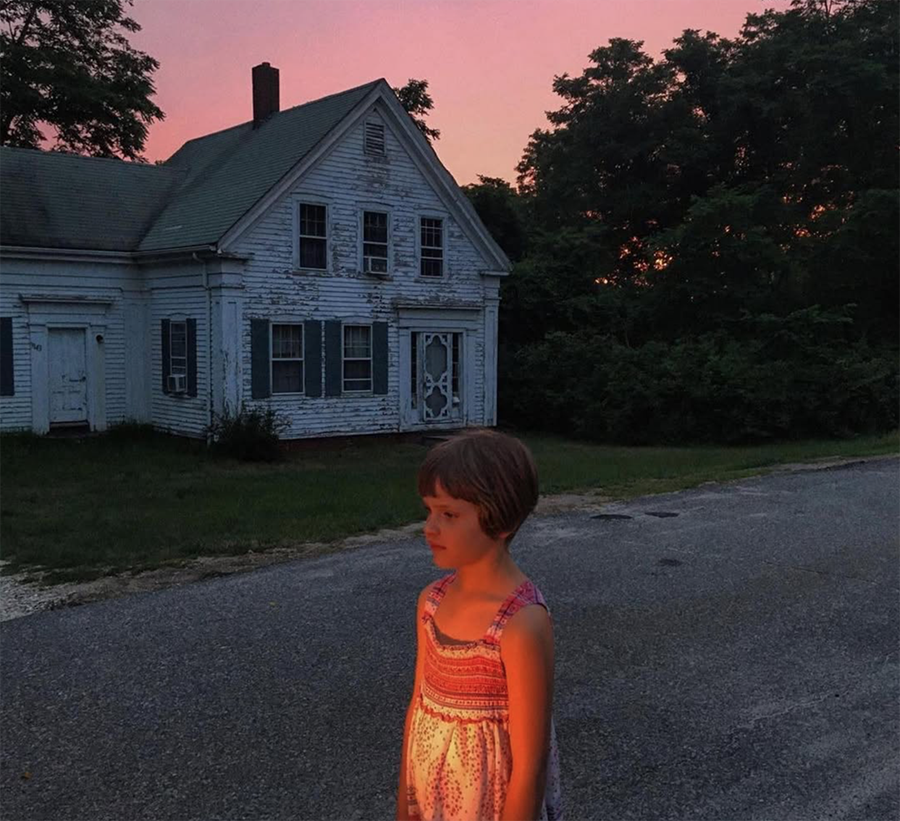
Still, we were lucky enough to explore the nature around us every day. I turned to my camera. Documenting my children was a way to stay grounded. Photography helped me find space in the overwhelming closeness of lockdown. It was also a way to begin understanding my home in Wellfleet. The light here often felt magical.
Although I usually use a Hasselblad middle format camera, the image I submitted to Eye Mama, Pink Sky, was captured on my iPhone. It froze a fleeting moment of beauty, one of those surreal Cape Cod skies that appear in summer, with my daughter, Malina, in the foreground.
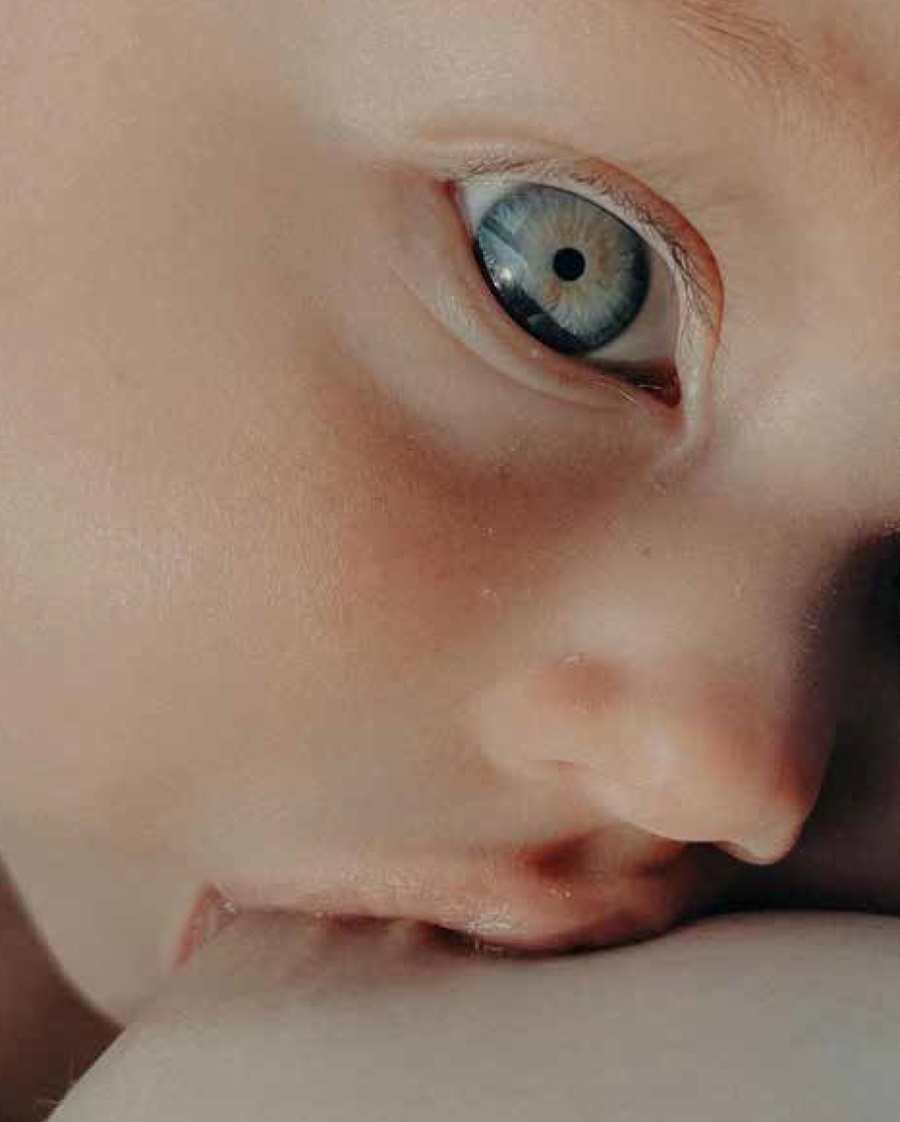
I was honored to be among mother photographers whose work was selected for the project, and only later did I discover that many contributors were well known in the photography world. Not all, though. Not long after teNeues published Eye Mama: Poetic Truths of Home and Motherhood, a selection of more than 200 images from the collection, Arieli told the Royal Photographic Society, “We’re not going to do what all the male gaze platforms have done historically, or even just the very high art curation platforms where, if you haven’t had two books and two exhibitions, you don’t exist.”
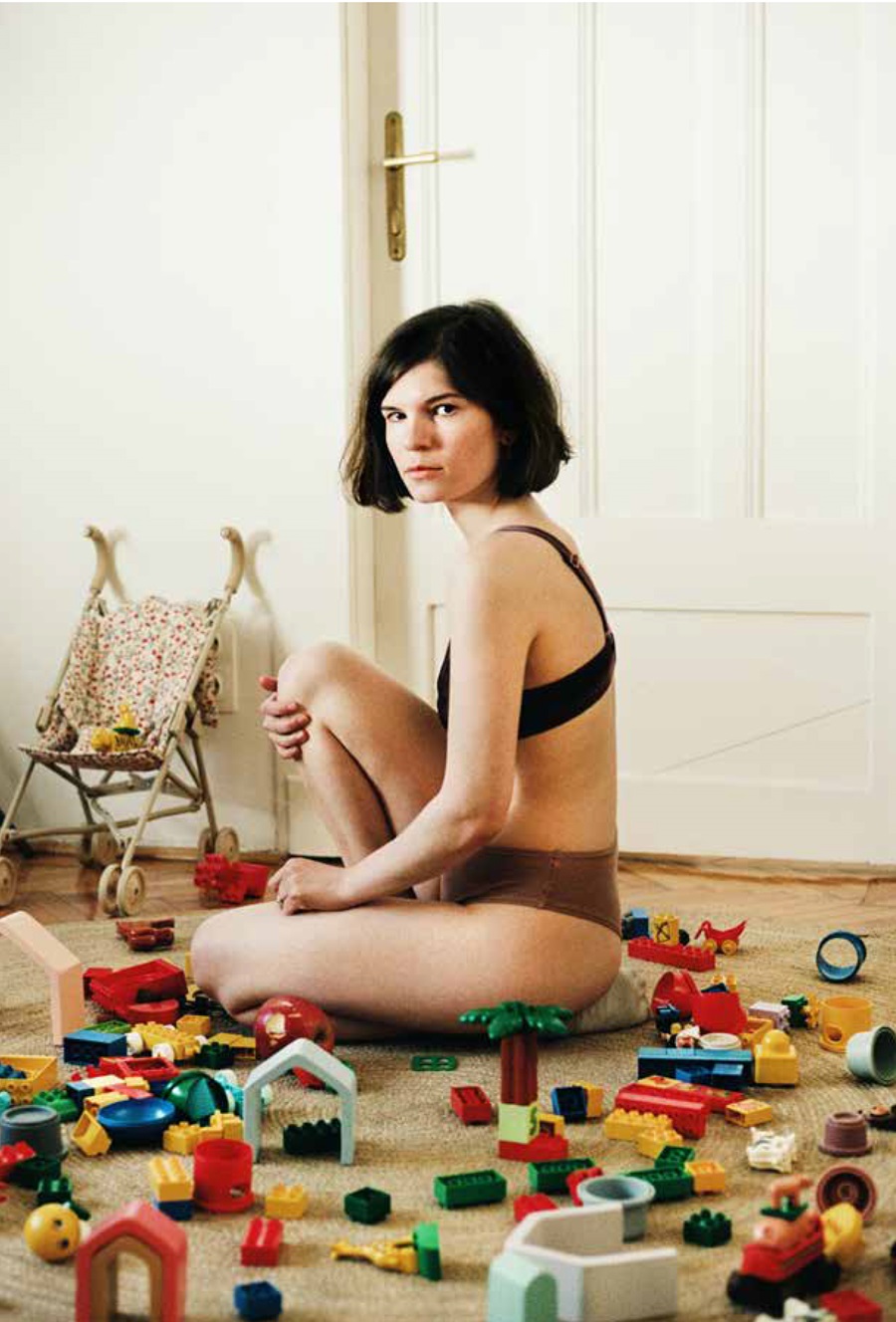
Taking our photographs, we were all the same: mothers navigating endless days with our children, without support, without rest, and often without connection to other adults. We were all trying to stretch what little patience we had, digging deep into our hearts for more love, more grace.
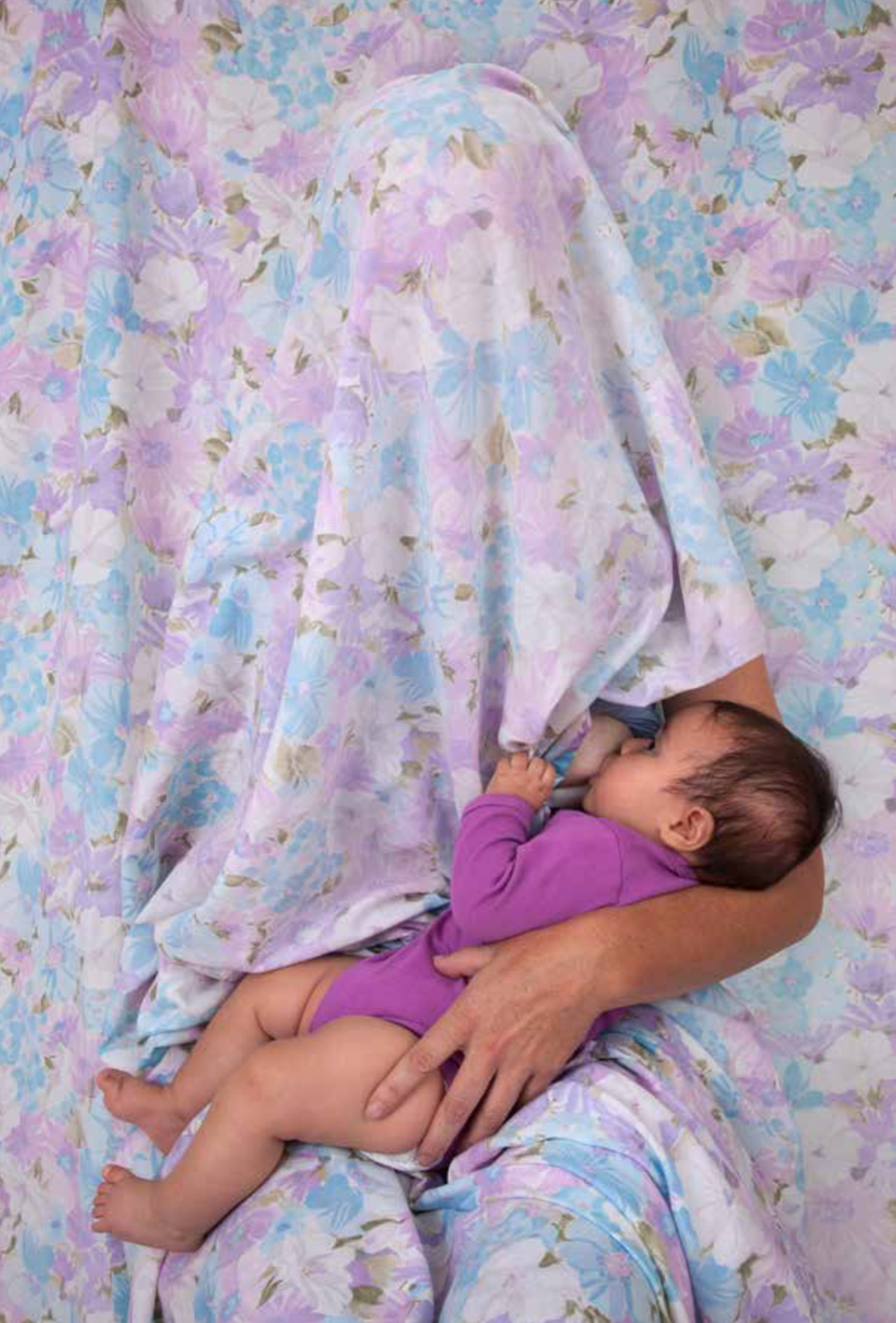
Emily Schiffer, a photographer who lives in Provincetown and has also worked for the Independent, recalls the exact moment in May 2020 when she shot the photo of her daughter, Lola, that’s now part of the Eye Mama Project. “When I was little, my grandmother would lay me across her kitchen counter to wash my hair,” she says. “It was special. Today we need something special. I clear off the counter, and it works. Lola says sink washes turn her hair into a waterfall.”
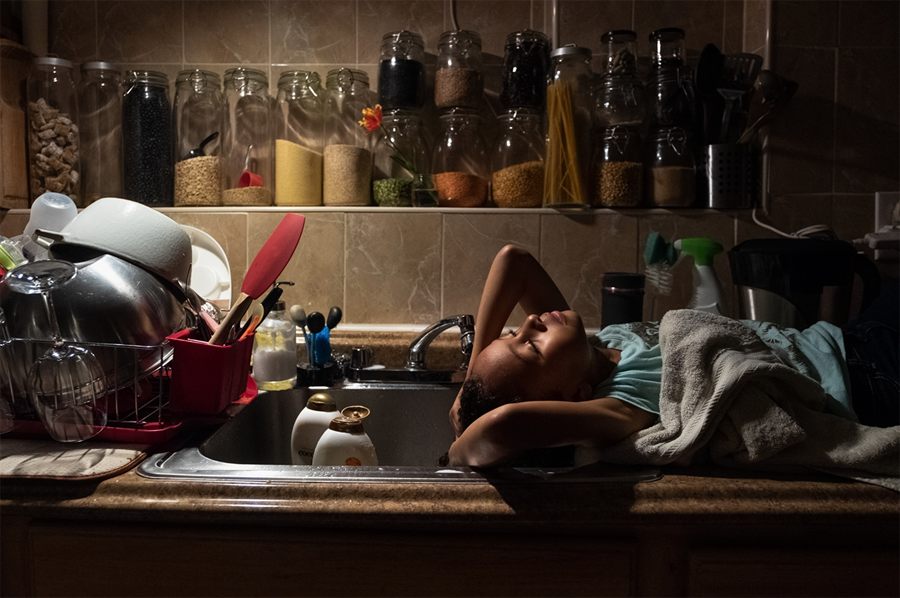
Schiffer was living in Brooklyn with her husband and two children when she found Eye Mama. In that pandemic time, when New York was strangely quiet but for sirens, she says, “It was fascinating seeing other people’s realities in photos.” Just as it had for me, photography was what grounded Schiffer. “It tethered me to something bigger than myself,” she says.
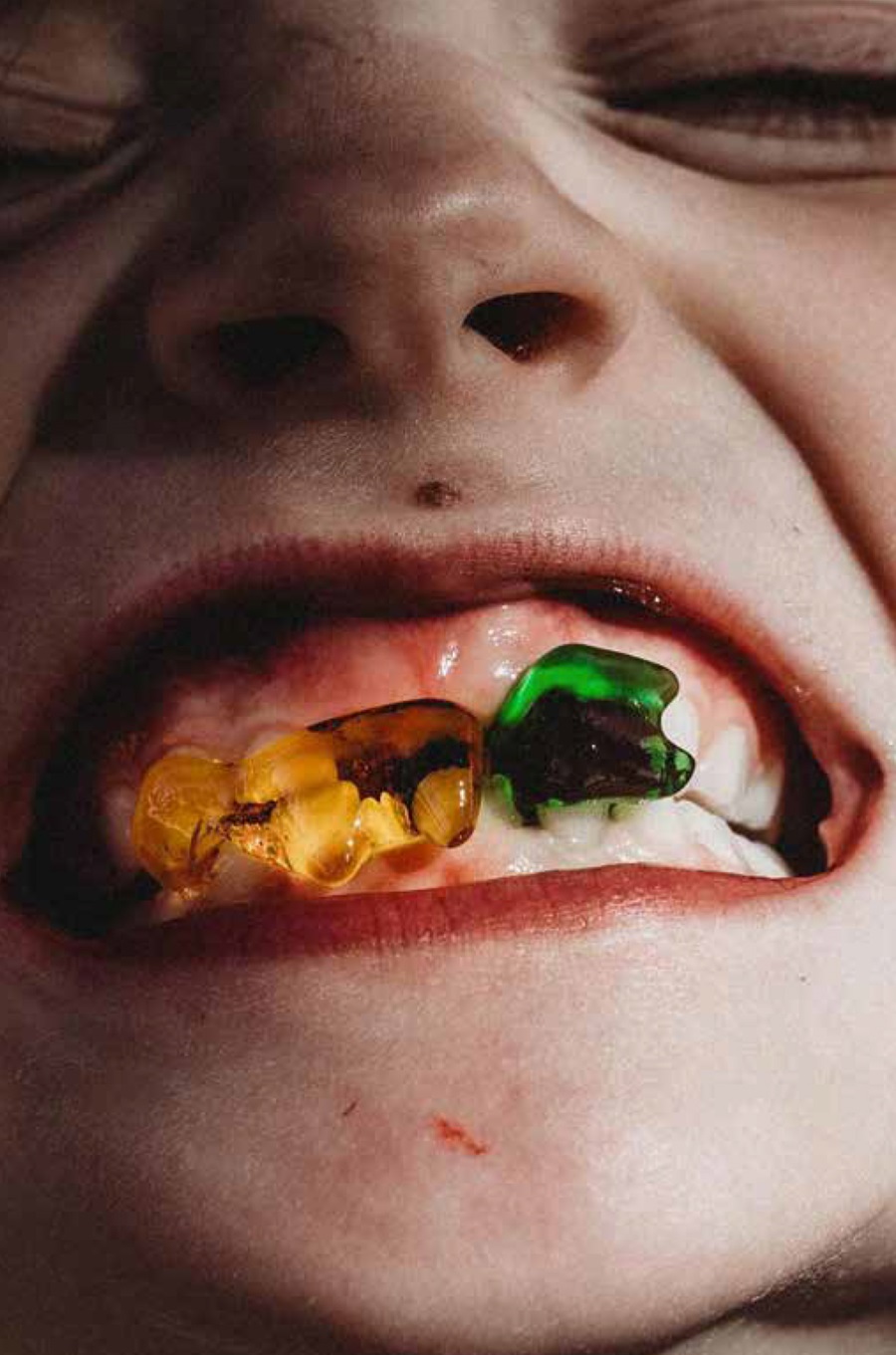
The project and its purpose to “share the Mama gaze,” as its website says, is still an unfunded effort, though its curator is looking for support to continue. It is growing: it has published more than 4,000 images from among 70,000 submitted under the hashtag #eyemamaproject. With permission from the project, I’ve included, along with my submission and Schiffer’s, a few of my favorite examples here.



